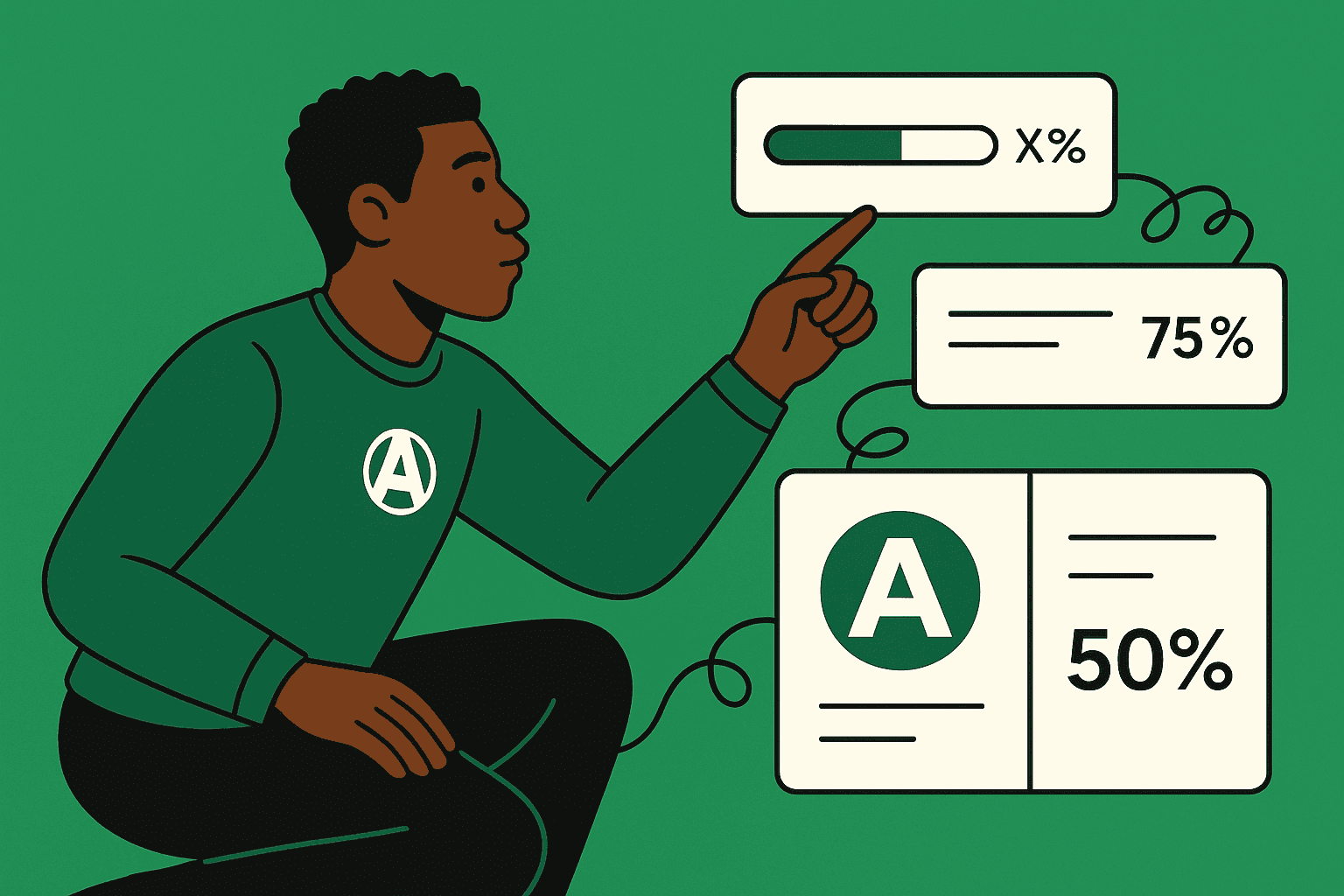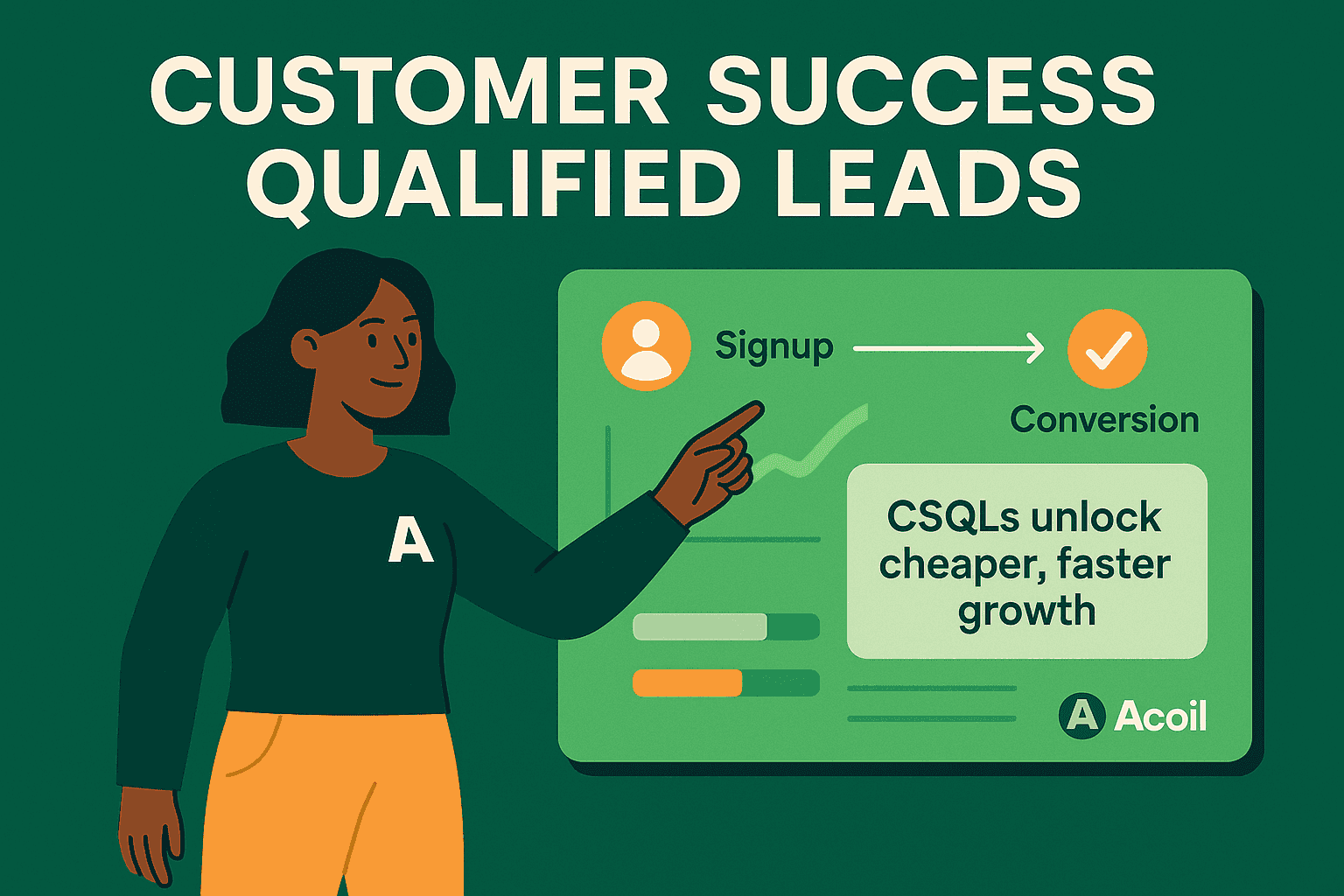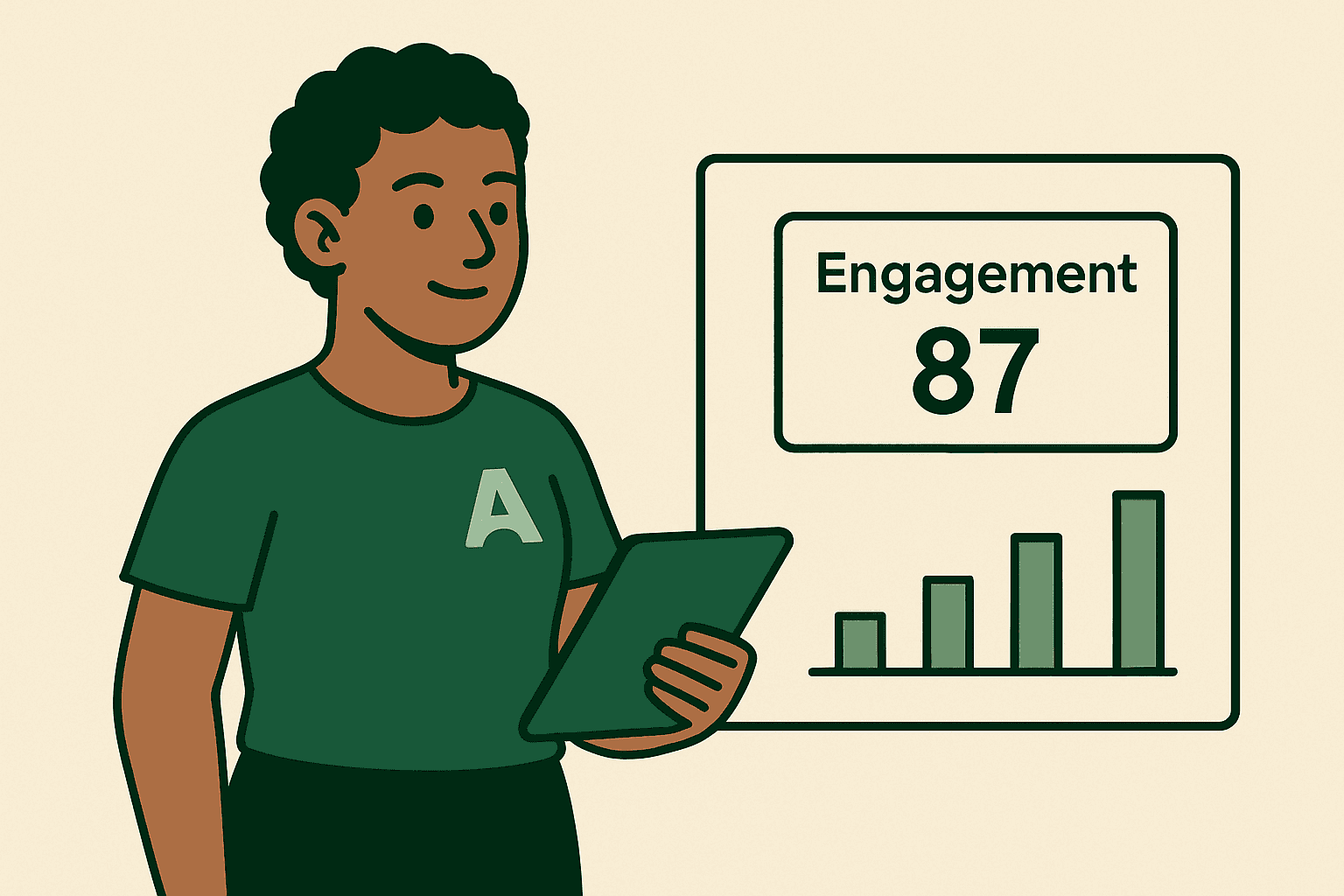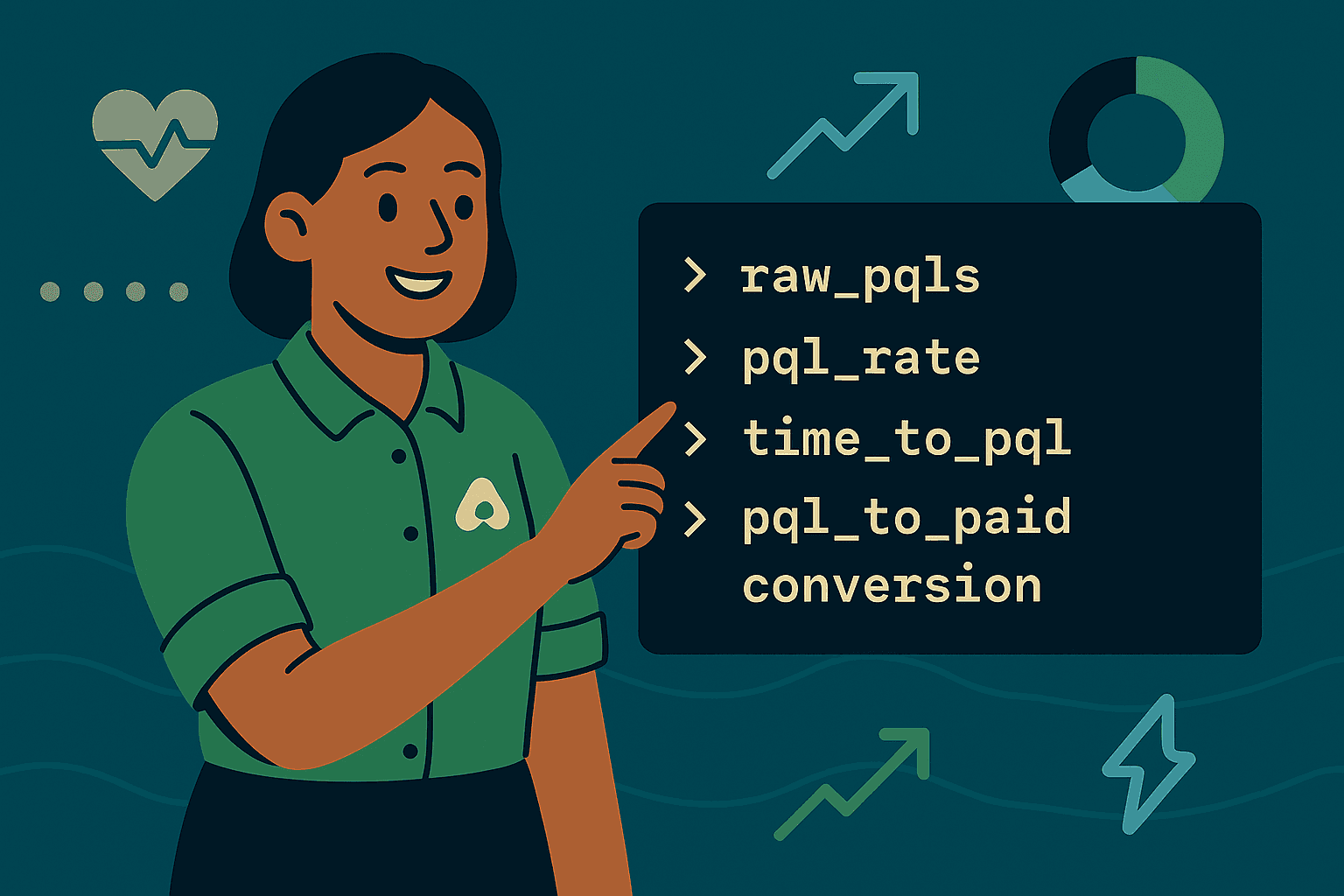Esta es la parte 3 de una serie de 4 partes sobre PQLs: Qué son, cómo encontrarlos y cómo construir un proceso ganador de Product Qualified Lead
- Los PQLs (Product Qualified Leads) se esconden en sus datos — ¡encuéntrelos!
- Construyendo un proceso de Product Qualified Lead para su Producto Simple
- Construyendo un proceso de Product Qualified Lead para su Producto Moderadamente Complejo
- Construyendo un proceso de Product Qualified Lead para su Producto Complejo
Así que está convencido de que necesita un proceso de PQL. ¿Pero por dónde empieza?
Para construir un proceso adecuado de Product Qualified Lead, necesitará:
- Definir los criterios que hacen que un lead esté calificado por producto.
- Establecer pautas para convertir estos leads en clientes de pago.
Primero, ¿qué tan complejo es su producto?
Pregúntese: ¿qué tan difícil es para los nuevos usuarios alcanzar el primer valor sin ningún soporte manual? Su respuesta establece el punto de partida para su definición de PQL. Le dice qué tan activada debe estar una cuenta antes de que su equipo intervenga.
Si 4–7 de sus últimos 10 registros se autosirvieron hasta el valor, está en la categoría moderadamente compleja. Aproximadamente el 50% de los usuarios en este grupo pueden alcanzar el primer valor por sí mismos.
A continuación, ¿qué tan grande es la oportunidad?
Después de la complejidad, el tamaño del acuerdo decide cuándo su equipo se une a la fiesta. Agrupe las nuevas pruebas en acuerdos Pequeños, Medianos y Grandes según los criterios que tengan sentido para su negocio.
Juntándolo todo con la tasa de activación
Los productos más complejos y los acuerdos más grandes requieren una participación más temprana. Para productos moderadamente complejos, active la acción según el tamaño del acuerdo:
| Tamaño de la Oportunidad | Umbral de Activación |
|---|---|
| Pequeña | ~75% |
| Mediana | ~50-75% |
| Grande | ~25-50% |
Proceso de Product Qualified Lead para la Oportunidad Pequeña
Las oportunidades pequeñas necesitan un toque ligero. Espere hasta que alcancen al menos el 75% de activación antes de intervenir. El interés temprano por sí solo no es suficiente para justificar el esfuerzo manual.
Cómo involucrar a estos Product Qualified Leads
Cuando alcancen el 75% de activación, ofrezca una verificación de customer success. Felicite y anime. Enfóquese en el soporte, no en una demo de ventas.
Proceso de Product Qualified Lead para la Oportunidad Mediana
Las pruebas medianas a menudo tienen múltiples usuarios y tomadores de decisiones. Involúcrese cuando alcancen el 50–75% de activación para ayudarlos a encontrar valor juntos.
Cómo involucrar a estos Product Qualified Leads
Deje que un representante de customer success guíe primero a estas cuentas. Impulse su nivel de activación antes de involucrar a ventas. Se trata de ayudar a los usuarios, no de presentar una propuesta.
Proceso de Product Qualified Lead para la Oportunidad Grande
Los acuerdos grandes merecen espacio para demostrarse a sí mismos. Espere el 25–50% de activación antes de intervenir. Esto asegura que está persiguiendo un interés real, no una prueba gratuita de un usuario junior.



